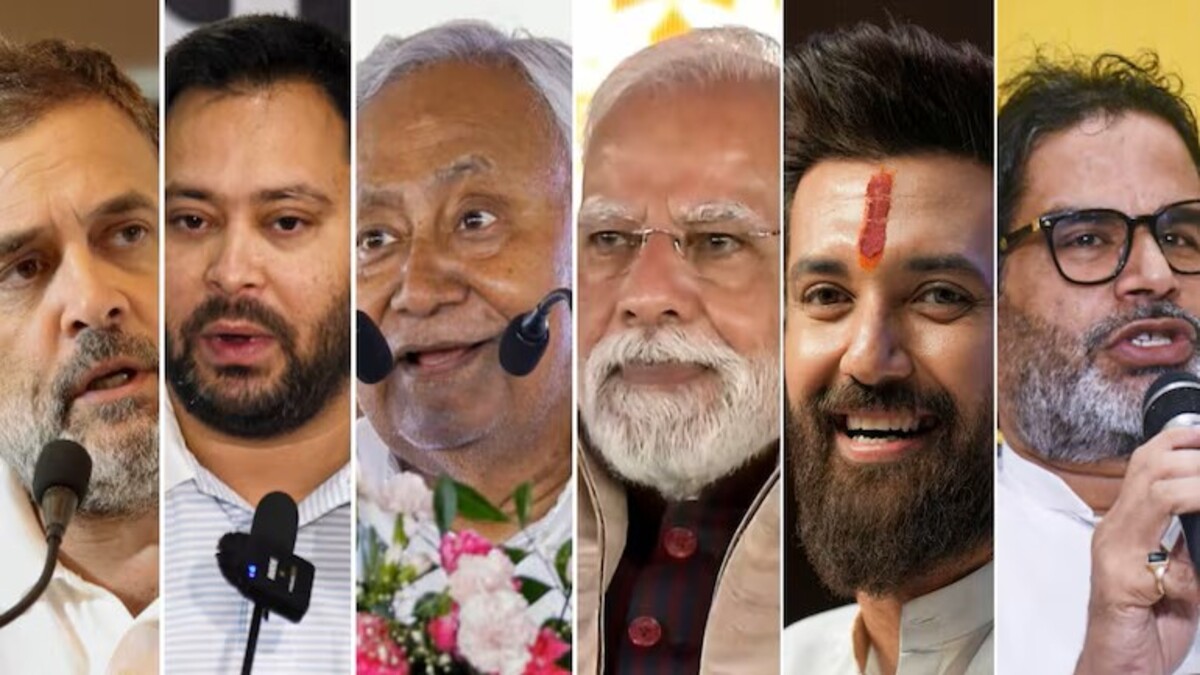Bihar at a Crossroads of Stagnation or Progress
Bihar is a state of contrasts. Rich in talent and resources, it struggles to turn potential into opportunity. Generations of Biharis leave for distant cities, chasing livelihoods their own state cannot always provide. Minerals are mined, crops harvested, artisanal skills overlooked, while roads, schools, and jobs remain scarce. Experts say this is not fate—it is decades of policy failure.
As polling begins, observers note this election is about more than choosing representatives. “This election is about defining Bihar’s future,” says political analyst Ramesh Kumar. “Development must be a right, not a handout. The state’s youth and talent have long been ignored.”
Economic indicators highlight the urgency. Bihar’s per capita income is among India’s lowest, and youth unemployment drives mass migration. Political representation expanded during the Mandal era, but seats in the legislature alone cannot guarantee economic opportunity.
Economists call for investments in education, healthcare, infrastructure, and industry to turn potential into progress. Functional schools, reliable electricity, clean water, diversified agriculture, and accessible healthcare are vital. Employment benefits not only individuals but entire communities.
Policy gaps remain a hurdle. Large budgets often fail to translate into results due to political bottlenecks. Social tensions, caste discrimination, and communal conflicts further stall growth. “Economic progress cannot happen in a society divided by prejudice,” says social activist Anjali Mishra. “Policies must fight discrimination and hold accountable those who exploit division.”
Meanwhile, Bihar is experiencing a quiet cultural revival. Artists, writers, and innovators—at home and abroad—are challenging stereotypes and asserting pride in the state’s heritage. Experts stress that economic growth and cultural dignity must go hand in hand; one without the other is hollow.
This election also signals a political shift. Voters are rejecting transactional politics based on promises alone. Women, migrants, and marginalized communities want governance that delivers dignity, security, and opportunity, not temporary schemes.
At this crossroads, Bihar faces a choice: continue along the path of stagnation, or demand the development and recognition its people have earned through decades of resilience. Observers say the election could determine whether Bihar becomes a state where its citizens finally thrive at home.



